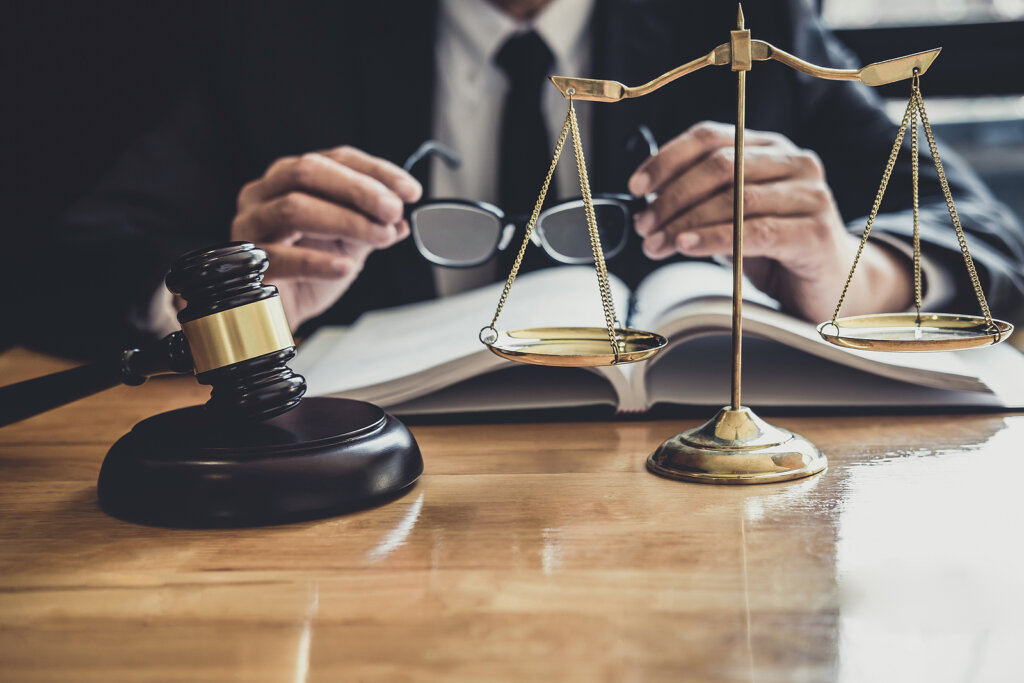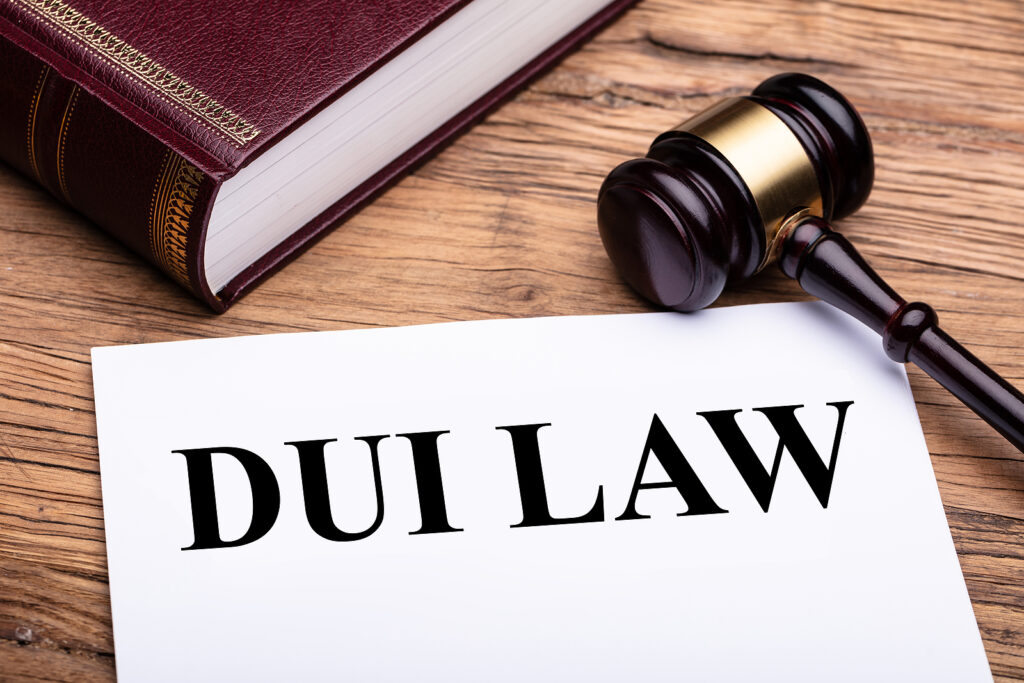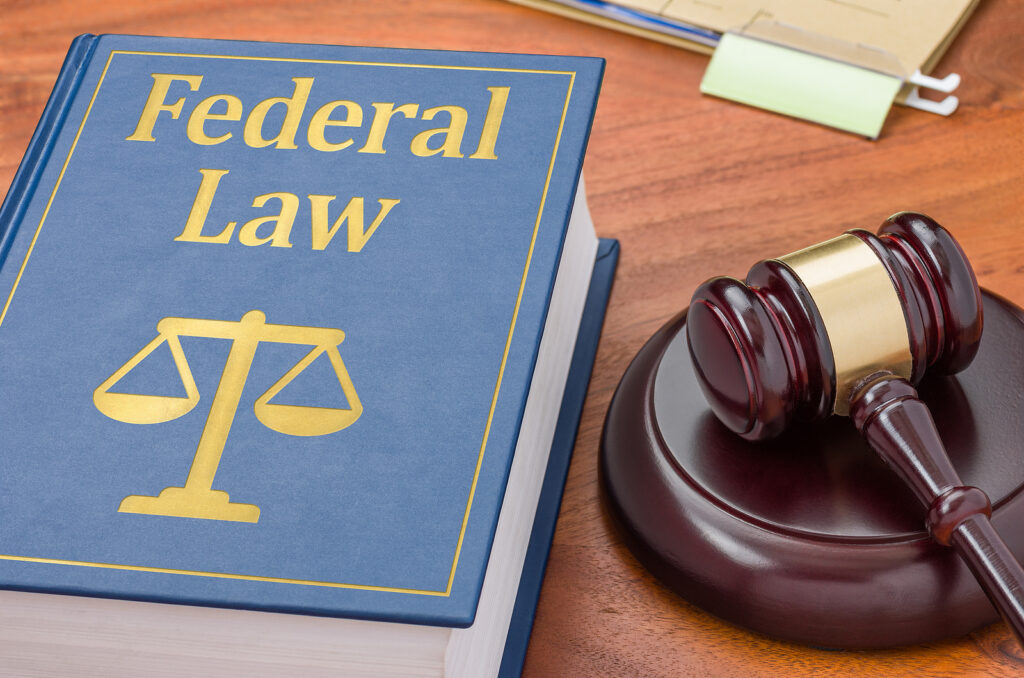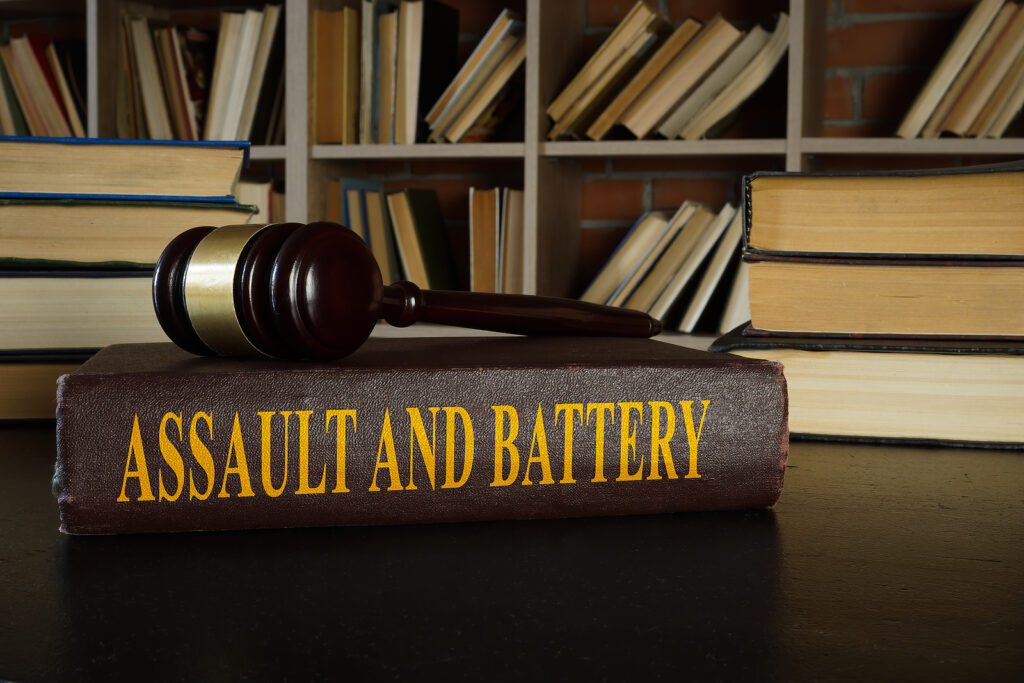Las Vegas Record Sealing Attorney: Start Fresh Today
If you have a criminal conviction on your record, you have probably felt the negative repercussions of that conviction in one form or another. Maybe you were disqualified for a job or turned down for an apartment after the results of your background check came back. While no one can turn back the clock and prevent the circumstances that lead to your criminal record from happening, it may be possible to get a fresh start by sealing your criminal record. A Las Vegas record sealing attorney at The Vegas Lawyers explains who is eligible and how to get your criminal record sealed.

Is My Criminal Record Erased When It Is Sealed?
Records relating to arrests and convictions have long been public; however, a prospective employer, landlord, or even date had to go to considerable lengths to find those records in the past. In today’s electronic age, your criminal history is just a few keystrokes away. The good news is that you may be entitled to have your Nevada criminal record sealed, which means that the records related to your arrest and/or conviction will be physically removed from the record-keeping system. It does not mean that the records are permanently erased.
Your record will remain accessible to an employee of the Central Repository for Nevada Records of Criminal History, a party or agency for an authorized search, state licensing boards (such as the Nevada Gaming Commission), the prosecutor’s office (under certain conditions), or a party authorized pursuant to a court order.
Can All Convictions Be Sealed?
Not all states allow criminal records to be sealed or expunged, and for those that do, they typically limit the convictions that are eligible for minor crimes. Nevada, however, considers most criminal convictions to be eligible for sealing except for the following convictions:
• Crime against children under 18 years old
• Sex crimes
• Felony charges of drunk driving (DUI) or drugged driving (DUID)
• Invasion of the home with a deadly weapon
When Can I Petition to Have My Record Sealed in Las Vegas?
If you are asking to have records sealed relating to an arrest that did not result in a conviction, you can petition the court immediately without a waiting period. If you have been convicted of a crime, you must wait until the case is considered closed, meaning you completed a term of incarceration or period of probation, completed all sentencing conditions, and paid all fines and costs.
In addition, the following waiting periods apply from the date of release from actual custody or discharge from parole or probation, whichever occurs later:
• 15 Years for a Category A or B felony
• 12 Years for a Category C or D felony
• 10 Years for a Category E felony
• 7 Years for a Gross Misdemeanor
• 3 Years for Any Other Misdemeanor
Do I Need a Las Vegas Record Sealing Attorney?
Although the law does not require you to be represented by an attorney when petitioning to seal your criminal record, having one on your side is the best way to ensure that your petition is successful. A Las Vegas record sealing attorney can help you navigate the steps necessary to get your record sealed, including:
• Obtaining a copy of your criminal history (referred to as a “SCOPE”)
• Obtaining copies of the “judgment of conviction and discharge” for each conviction.
• Preparing the Petition for Record Sealing
• Sending the Petition to the District Attorney’s Office to obtain their stipulation.
• Requesting a hearing if the District Attorney’s Office denies your petition.
• Delivering the Petition to the appropriate court for the judge’s approval.
• You also have the option to request a hearing to argue for approval of your records seal.
What Should I Do If I Need Help With Record Sealing in Las Vegas?
If you have a criminal record that you want sealed in Las Vegas, consult with a Las Vegas record sealing attorney at The Vegas Lawyers as soon as possible to discuss your next steps. Call us at 702-707-3000 or contact us online.










